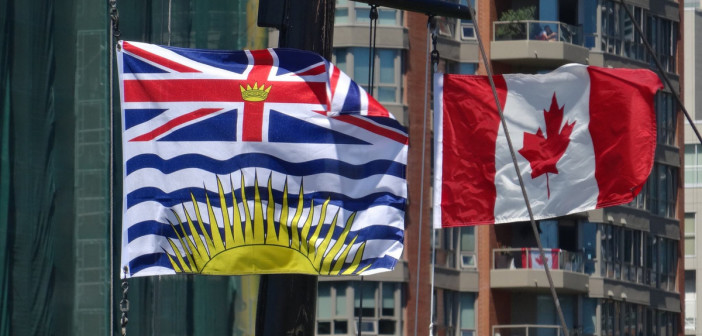The Ontario Superior Court is hearing arguments today and Friday from a coalition of groups seeking an injunction against a couple of key elements of the Conservative government’s Fair Elections Act.
The group, comprised of the Council of Canadians, the Canadian Federation of Students, and three private voters, wants to restore the ability of Canada’s Chief Electoral Officer to allow the use of voter information cards as proof of address, and reinstate vouching provisions that would allow electors to prove their identity.
The applicants filing the motion say they are concerned that provisions in the Fair Elections Act will systematically affect the ability of certain groups to vote, including youth, seniors, indigenous people, the homeless and people with disabilities.
“We know that youth historically have low voter turnout and so we want to see changes to elections law that encourage students and youth to vote,” said Jessica McCormick with the Canadian Federation of Students.
“The Fair Elections Act did the opposite,” she said in an interview with CBC News.
The group has also filed a lawsuit against the legislation, arguing that the act violates section 3 of the Charter of Rights and Freedoms, which guarantees the “right to vote in an election of the members of the House of Commons or of a legislative assembly and to be qualified for membership therein.”
‘Immediate action’ needed
The group decided to file an injunction because the Charter challenge is unlikely to be heard and determined in court prior to the Oct. 19 election.
“We believe and you know, hundreds of thousands of Canadians who signed our petitions opposing this legislation believe that these changes will disenfranchise a significant number of people when they head to the polls in October,” said McCormick.
“So we really need immediate action, at least to put on pause some of these changes and ensure that people are able to cast a ballot on Oct. 19.”
Under the act, voters are no longer able to use their voter information card as proof of address. Voters must now provide a second piece of identification, such as a driver’s licence, to prove where they live.
Voters who do not have a driver’s licence – around four million Canadians – must provide another piece of identification as proof of address. For groups such as aboriginal communities, university students living off-campus, and senior citizens living in care facilities, this can prove challenging.
Elections Canada conducted pilot projects in 2010 and 2011 allowing the use of voter identification cards, along with another piece of authorized identification, to prove identity and address of registered voters in polling sites that served aboriginal reserves, seniors’ residences, long-term care facilities and on-campus student residences.
In the 2011 general election, of approximately 900,000 registered voters that were allowed to use the cards, 400,000 did.
Reinstate vouching provisions: Election chief
The group is also concerned with changes on vouching.
Previously, one voter could vouch for another if they could not provide proof of address. It is now required that an individual vouching for another reside in the same polling division, and that the voter provide two pieces of identification. The concerned group points out that because some polling divisions can include as few as 250 individuals, this may cause difficulty for some voters.
If an injunction is granted, the court
factum of Chief Electoral Officer Marc Mayrand said he would authorize the use of voter information cards as identification in all cases, as long as there’s enough time to reprint or revise the stock cards already printed.
The office of the elections chief said it requires a minimum of 11 weeks to reprint the voter cards to eliminate the statement that they can’t be used for the purposes of identification.
Cards are currently being stored at four locations across Canada and are ready to be printed with pertinent information as soon as the election is called. Under the Elections Act, the cards must be sent out no later than 24 days before polling day.
The elections chief said previously that changes to vouching would be too administratively complex to complete before the upcoming general election.
The Ontario Superior Court will continue to hear arguments on Friday.
A decision on the injunction is expected on July 20.




